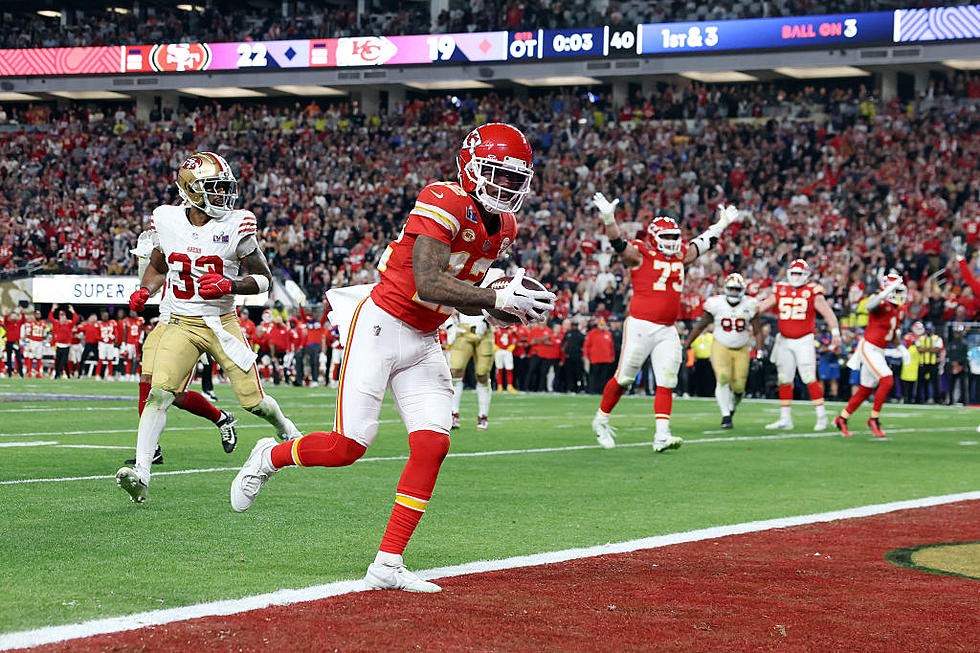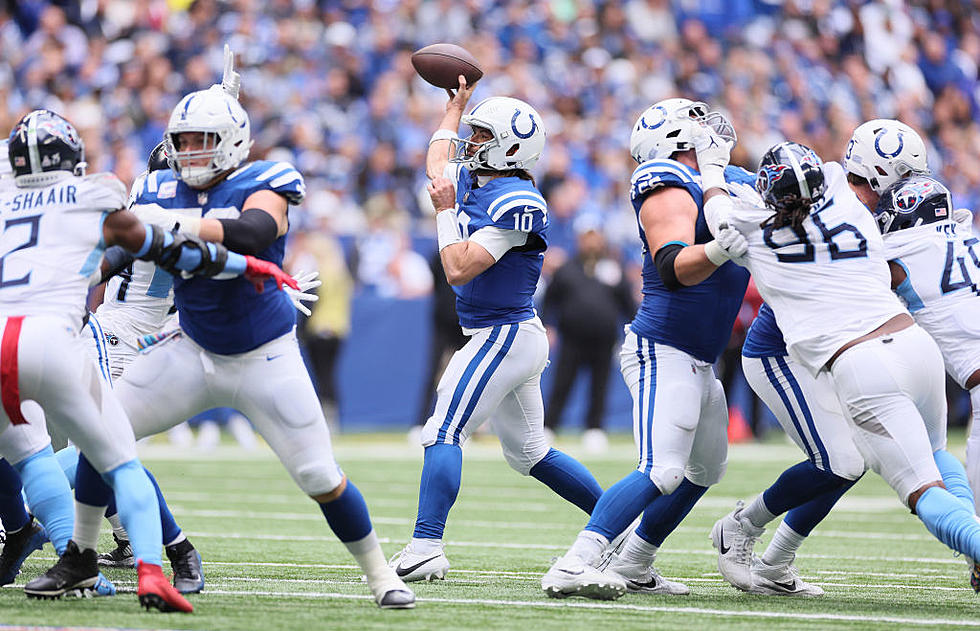
Staying Inbounds; the Risk of Innuendo in Super Bowl Ads
NEW YORK (AP) — Sex sells ... frozen food dishes?
Kraft Heinz' frozen-food brand Devour is trying to make waves during its Super Bowl debut with an ad taking a humorous jab at one man's "frozen food porn addiction."
The ad shows a woman talking about her boyfriend's problem with "frozen food porn," and says he watches it several times a day and has a hidden stash of photos of food. Among the suggestive lines is the girlfriend saying that the addiction has made him a "three-minute man," i.e. the amount of time it takes to heat up a frozen meal.
While raunchiness is someone incongruous with frozen foods, Kraft Heniz is taking that approach because the mix of sex and humor targets a specific demographic of millennial men 25 to 35. It launched in 2016 with the tagline "Food You Want to Fork."
Super Bowl ads have long used raunchiness and sex to stand out during the Super Bowl, advertising's biggest stage. Think Cindy Crawford downing a Pepsi wearing skimpy shorts in 1992 or the 2013 GoDaddy ad that showed a squeamishly close-up shot of a kiss.
But advertisers have largely toned it down in recent years, focusing instead on crowd-pleasing approaches using animals, humor or celebrities. Raunchy ads can easily cross the line, offending or polarizing a company's intended target audience.
The stakes are high since a 30-second ad can cost more than a reported $5 million.
Devour says the 60-second version that debuted online Wednesday is "uncensored" and a toned-down 30-second version that doesn't use the word "porn" will air during the Super Bowl 53 broadcast Feb. 3.
Other advertisers include Anheuser-Busch, Pepsi, Kia, Verizon and many others. Colgate Total was the first advertiser to unveil its Super Bowl ad, on Friday, which stars Luke Wilson as a close talker.
More From 1460 ESPN









